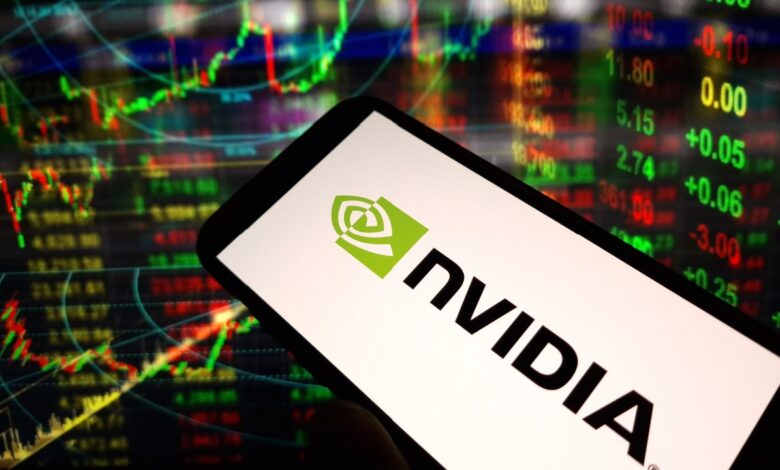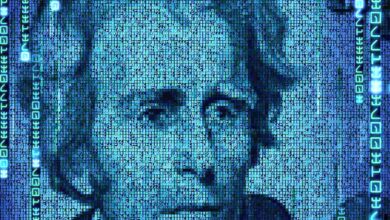Nvidia Tops $3 Trillion Market Cap, Overtakes Apple

Nvidia surpassed the $3 trillion market cap milestone, overtook Apple in market cap and became the second most valuable public U.S. company on Wednesday (June 5).
After a 5% rise in shares, Nvidia had a market value of $3.019 trillion at market close, while Apple’s was $2.99 trillion, CNBC reported Wednesday.
Nvidia is now second only to Microsoft, which had a market value of $3.15 trillion at market close, according to the report.
Microsoft passed Apple earlier this year to gain the title of most valuable U.S. company, the report said.
Apple had long held that title and was the first company to reach a market cap of $1 trillion and then $2 trillion, but its growth has stalled this year amid issues like demand in China, manufacturing and the reception of its mixed-reality headset, Vision Pro, per the report.
Both Microsoft and Nvidia have benefited from investor interest in artificial intelligence (AI) infrastructure, according to the report. Nvidia makes AI chips and holds about an 80% share of the market for chips for data centers.
Driven by the AI boom, Nvidia’s shares have risen 24% since it reported first-quarter earnings in May and 3,290% over the past five years, per the report.
Nvidia’s May 22 earnings report beat Wall Street expectations and reassured investors and analysts who had been watching for the earnings call as a bellwether for the entire AI industry.
The chipmaker reported that its revenue for the quarter ended April 28 was up 18% compared to the previous quarter and up 262% from the same period a year earlier.
Nvidia founder and CEO Jensen Huang attributed the company’s revenue growth to companies and countries that are partnering with Nvidia to transition from their traditional data centers to “AI factories” that will deliver productivity gains in most industries.
On Sunday (June 2), Huang said Nvidia aims to update its AI accelerators each year, with the Blackwell Ultra chip due in 2025, and will debut a next-generation AI platform in 2026.
With this expansion, Huang also expects more and more companies and government agencies to embrace generative AI.



